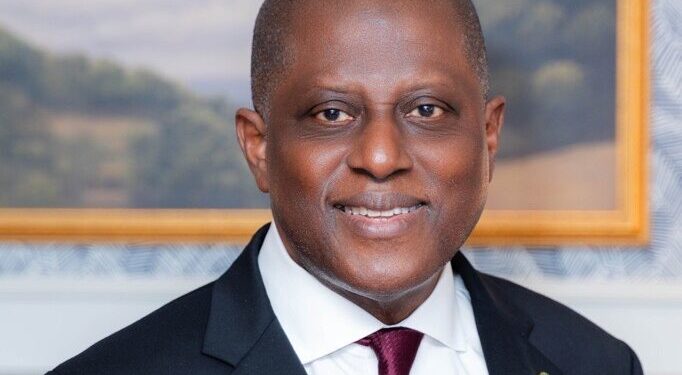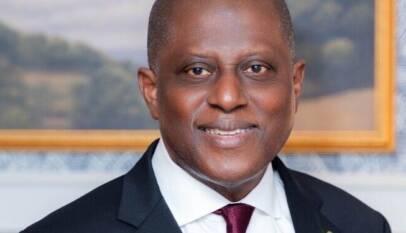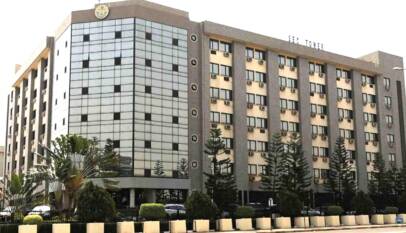Photo: CBN Governor, Olayemi Cardoso
By Deborah Nnamdi
The Central Bank of Nigeria (CBN) has begun integrating artificial intelligence (AI) into its monetary policy framework, marking a significant step toward technological innovation in economic management.
CBN Governor, Olayemi Cardoso, disclosed this during a fireside chat at the London Business School, moderated by Professor Hélène Rey, Lord Bagri Professor of Economics at the institution.
According to Cardoso, AI has been “adopted in monetary policy, particularly in forecasting,” underscoring the apex bank’s commitment to leveraging technology for more accurate economic projections and decision-making.
Speaking further, the CBN Governor addressed several key economic issues, including cryptocurrency, interest rates, and bank recapitalization.
On cryptocurrency, Cardoso noted that the apex bank recognizes its importance, especially among young Nigerians, and would soon release a comprehensive policy statement on the matter.
Responding to questions on interest rates, he acknowledged that current rates remain high but expressed optimism that they would gradually adjust as macroeconomic conditions improve.
“With the disappearance of arbitrage, more banks will now shift their focus to genuine business generation activities,” he added.
Addressing the ongoing bank recapitalization exercise, Cardoso reaffirmed that financial institutions unable to meet new capital requirements would have the option to merge or downgrade their licenses. He emphasized that banks had been given ample time to comply, dismissing any notion of panic or extension of the deadline.
“There is no takeover of the bond market,” the governor clarified. “What we have done mirrors our approach in the foreign exchange market. Price discovery ensures that the market functions better by allowing participants to operate transparently within their license categories. That’s what drives market efficiency.”
Cardoso further reflected on Nigeria’s economic reforms, describing them as long overdue. “Reforms that should have been done a decade ago were neglected. If they had been implemented earlier, things wouldn’t have deteriorated this far. The fuel subsidy was unsustainable, and for foreign exchange, we were in an utter crisis,” he said.
He concluded by reaffirming the CBN’s core mandate: “My job is to ensure stability in the foreign exchange market and in prices—not necessarily to drive growth.”































